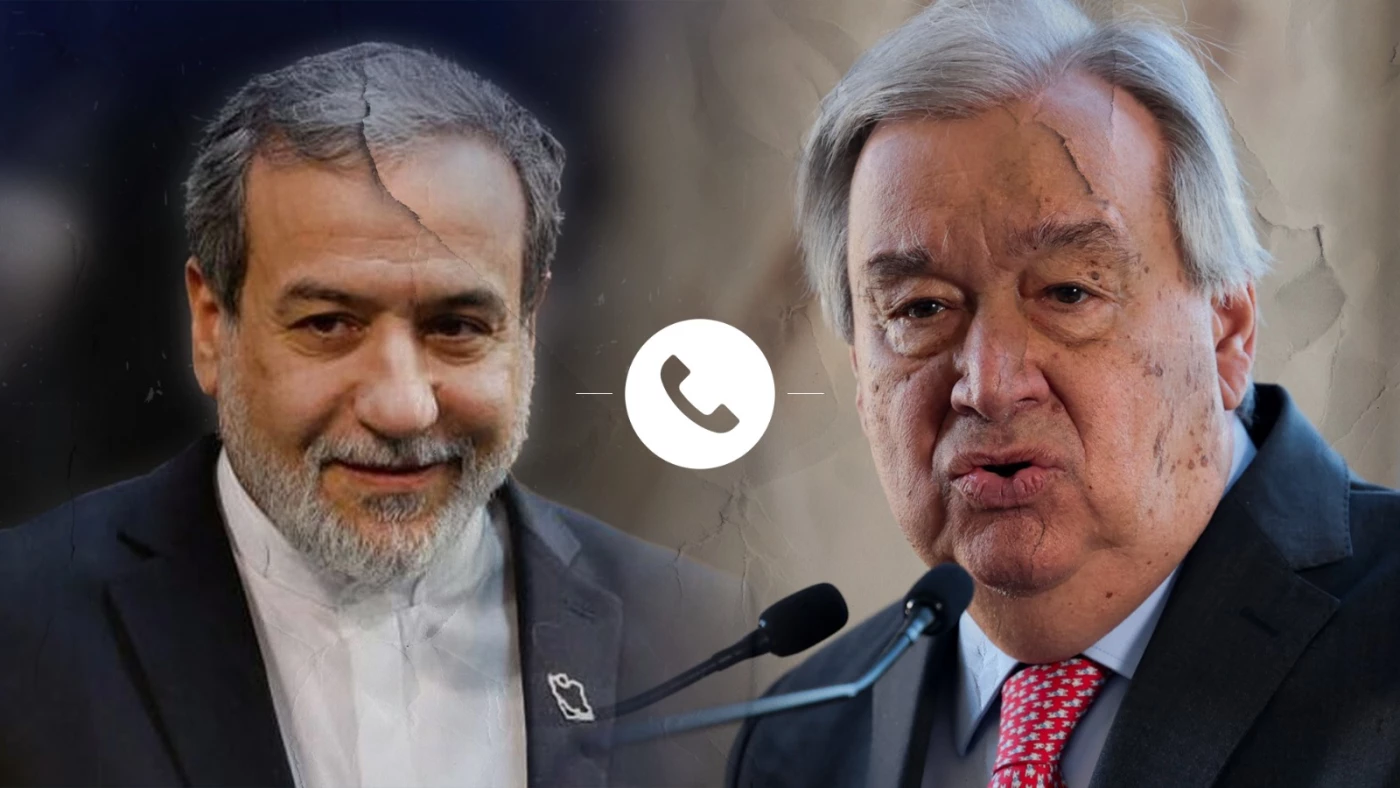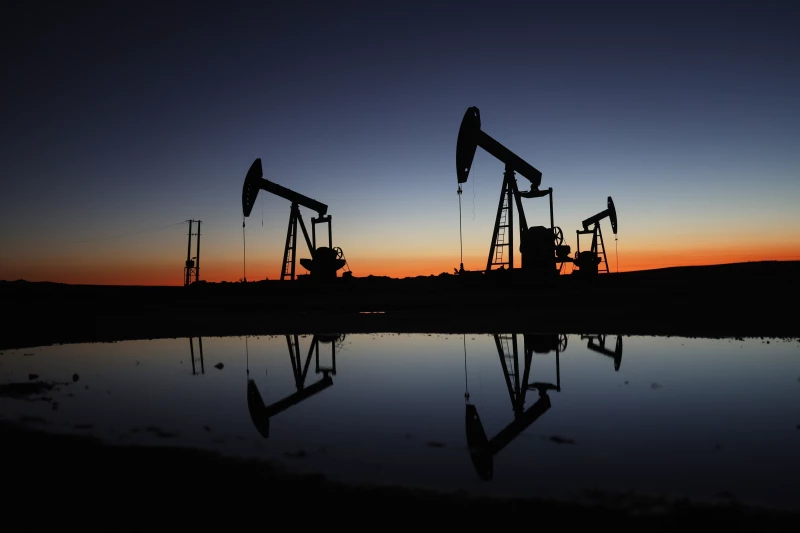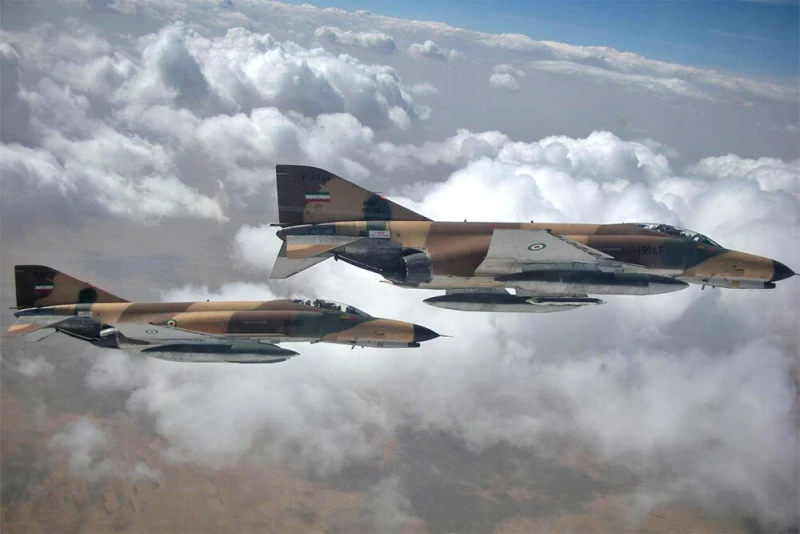ERBIL, Kurdistan Region of Iraq – Iranian Foreign Minister Abbas Araghchi on Saturday reiterated his country’s “rights” toward obtaining nuclear energy as a fourth round of nuclear talks with the US scheduled for Saturday was postponed.
In a phone call on Saturday with UN Secretary-General Antonio Guterres, Iranian Foreign Minister Abbas Araghchi stressed Iran's commitment to its "peaceful nuclear rights," state-aligned Mehr agency reported.
Araghchi blamed the "West's past breaches of commitment" as the "main obstacle," while calling for "a realistic approach and an end to the sanctions."
The US and Iran were scheduled to meet in Rome to conduct a fourth round of Oman-mediated talks in order to reach a mutual understanding around the issue of Iran’s nuclear advances. The meeting, however, was postponed on Friday, with Iran’s Foreign Ministry spokesperson Esmail Baghaei saying in a statement that "a possible new date" will be announced in due course.
Omani Foreign Minister Badr Albusaidi cited “logistical reasons” for the postponement in an X post, adding that “new dates will be announced when mutually agreed.”
Prior to his phone call with Guterres, the foreign minister had earlier on Saturday reiterated Iran's "right to possess the full nuclear fuel cycle" in a statement posted on X, adding that "a credible and durable argument is within reach" through "firm political will and a fair attitude.”
After three rounds of talks in Oman and Italy between the United States and Iran, which were described by both sides with a positive tone, negotiations hit a setback after US President Donald Trump threatened in a post on his social media platform Truth Social that any country that purchases Iranian oil or petrochemical products will face “secondary sanctions” and will not be allowed to “do business with the United States of America in any way, shape, or form."
Iran’s foreign ministry clapped back with a statement of their own, warning that "Tehran will not tolerate any approach based on threats and pressure," later on in the day.
US President Donald Trump, during his first term in 2018, walked away from a landmark nuclear deal with Iran, which was introduced three years earlier in 2015 by his predecessor Barack Obama. Known as the Joint Comprehensive Plan of Action (JCPOA), the deal provided sanctions relief to Iran in exchange for the placement of curbs on Iran’s nuclear program.
According to the UN nuclear watchdog, Iran currently holds over 8,000 kilograms of enriched uranium, of which 274.8 kilograms is at 60 percent purity—far surpassing the JCPOA's limits. Still, Tehran insists that those nuclear activities are peaceful and that it has no intention of pursuing a weapons program.
The US and Western powers seek robust assurances that Iran is not pursuing nuclear weapons, while Tehran maintains that its nuclear program is solely for peaceful purposes and that it has no plans to develop nuclear weapons.



 Facebook
Facebook
 LinkedIn
LinkedIn
 Telegram
Telegram
 X
X


